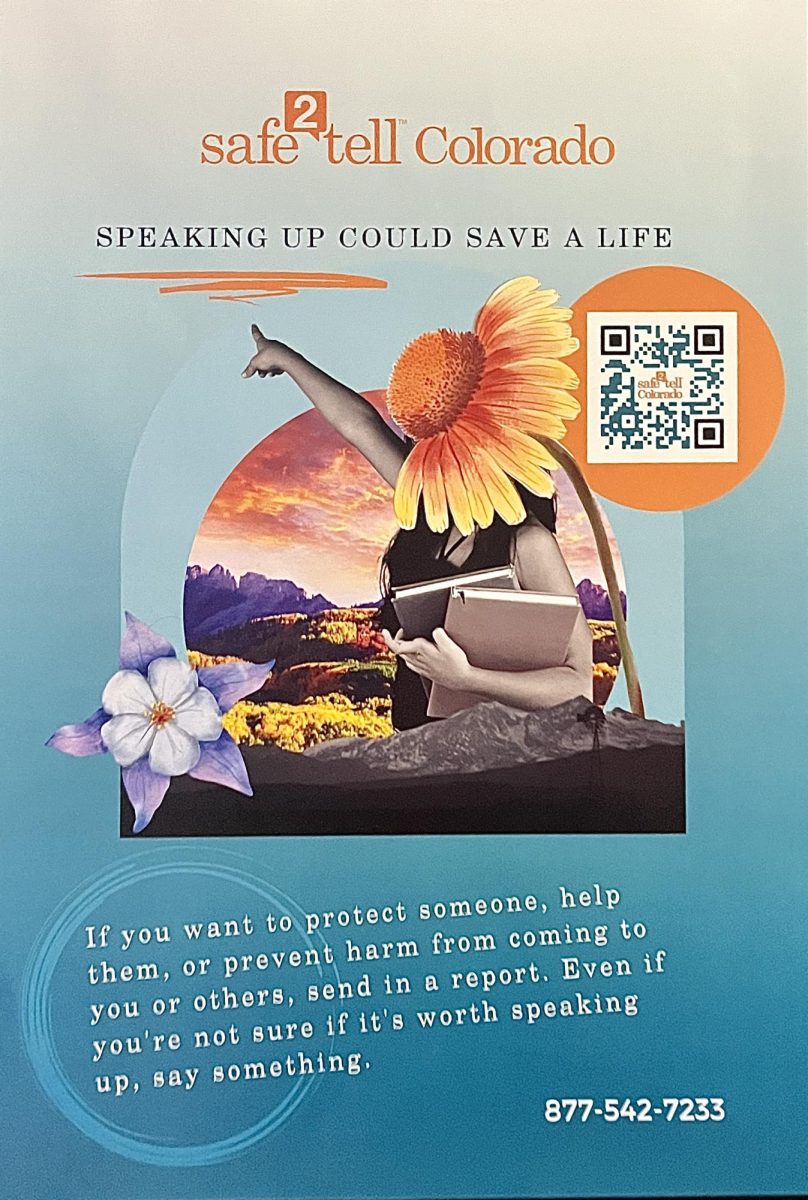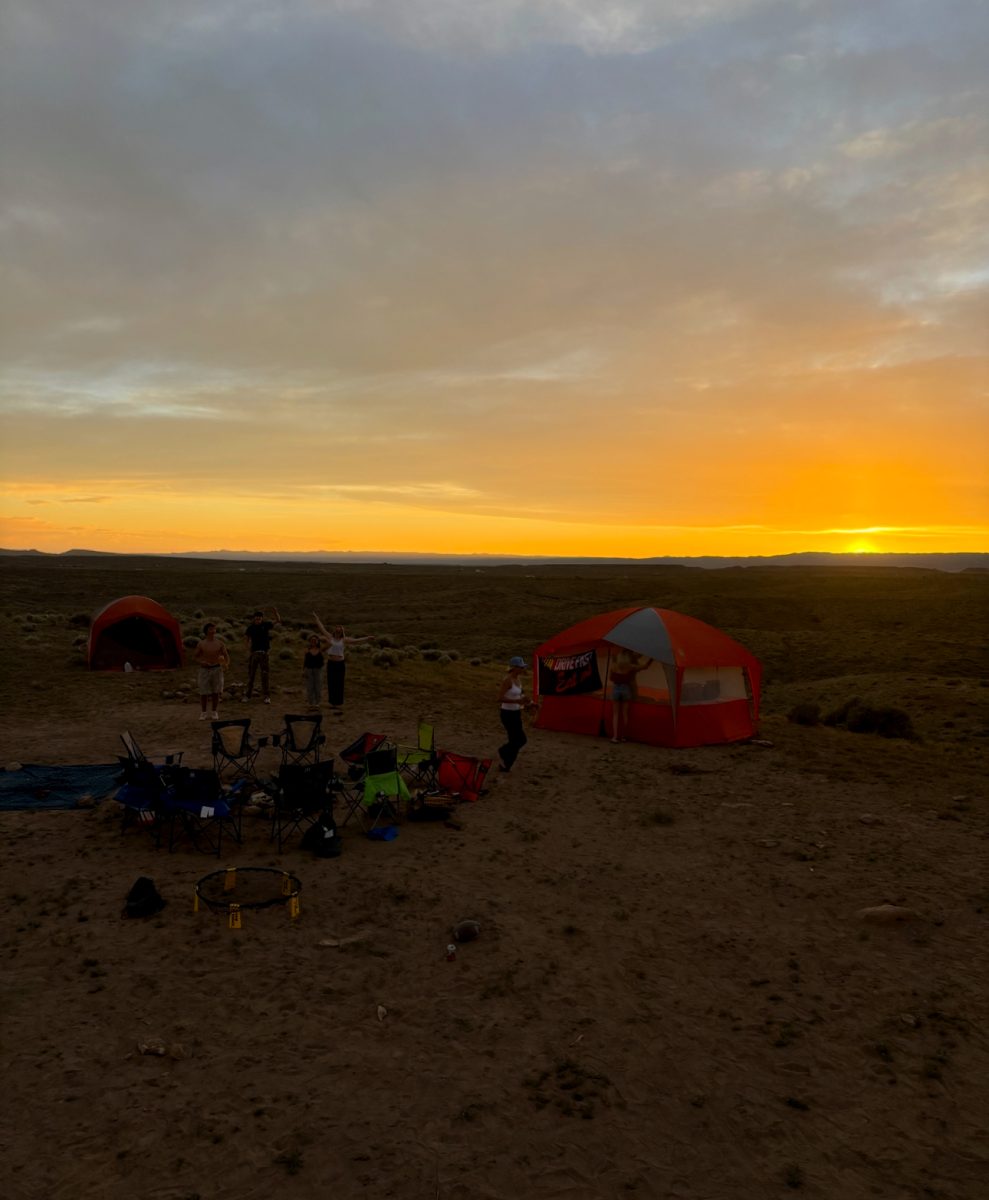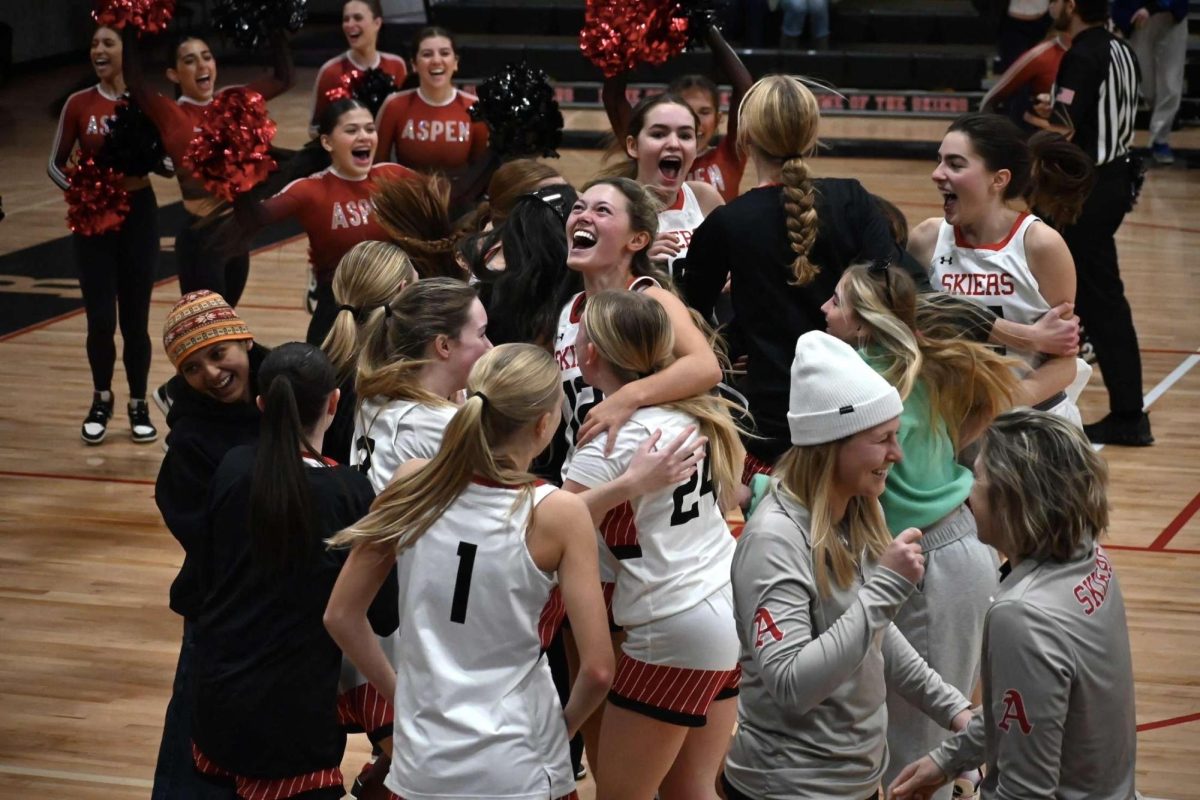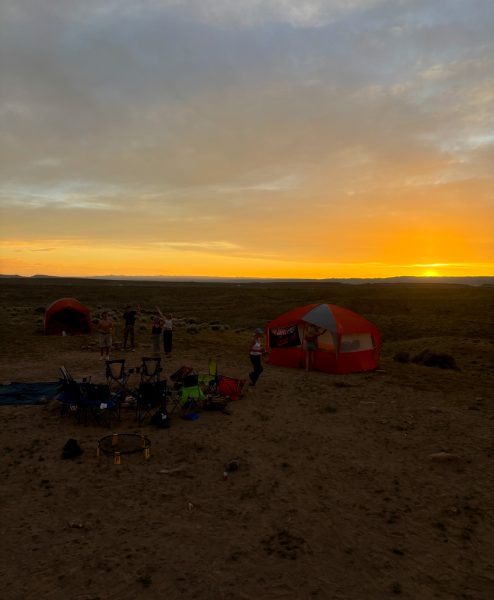Faculty voices add perspective to ASD sex-ed conversations Outdated online policies don’t align with more up-to-date curriculum, teachers say
Profile photo of Oceane Jones
Originally published in the Snowmass Sun on May 12, 2021
After my April 21 Teen Spotlight was published in the Snowmass Sun, (Aspen High School’s sex education must be modernized), I heard from district administrators and staff who said there was more to the story of Aspen High’s sex-ed curriculum than I had initially observed.
My reporting was based on policies published on the Aspen School District website, extensive research from public health organizations, and interviews with a school counselor and our assistant principal. The information gained from these sources implied a limited sex-ed curriculum at AHS that didn’t appear to give students the resources they need.
However, some voices were missing from the initial article: Health teachers Kali Zohar and Shannon Worth didn’t respond to emails seeking comment before the publication deadline; the story I published was based on the information I had at the time. After the story was published and I started receiving feedback, a follow-up story was in order — this time, after interviews with Zohar and Worth.
According to Zohar and Worth, Aspen High School does teach students about sexually transmitted infections and diseases (STDs and STIs), use of contraception, in addition to abstinence in the ninth-grade health class.
It turns out the 2013 policy posted on the district website — IHAMB on family life and sex education, which says school sex ed “shall give primary emphasis to abstinence by school-aged children” — is outdated and does not align with the current curriculum.
Aspen High School’s ninth-grade health curriculum is “quite comprehensive with regard to male and female anatomy and the circumstances under which people can contract sexually transmitted diseases and or get pregnant,” said Zohar, who teaches several courses at Aspen High School, including ninth-grade health. She also said she will accommodate students or parents that are uncomfortable with the curriculum.
But it still left me wondering if one semester of sex education is enough for modern high school students.
Shannon Worth, Aspen’s wellness teacher, holds a master’s in health education, believes it’s beneficial for Aspen High School to offer more than the one required freshman-year semester of sex education. She teaches comprehensive health education, which incorporates an inclusive Human Sexuality curriculum; her class teaches a modern curriculum, and contested that the policies listed online “are absolutely out of date”.
In Worth’s view, even though the sex education at Aspen High School is “excellent,” she believes it would be beneficial to expand the sex education for upperclassman.
She suggests a more in-depth, follow-up sex education class taught by a certified health professional is implemented for upperclassmen, which could be part of that expansion.
Worth also proposed the creation of a district “Wellness Committee” in 2019 and plans to revive the committee with a primary focus on updating policies and aligning K-12 health and wellness programming.
She believes sex education should start in middle school and be updated every two years according to Colorado Healthy Kids Survey, which all kids are required to take. The current health class is taught based on the issues addressed in this survey. Starting sex education in middle school is proven to be more effective, as it is vital that children learn sex education as they begin puberty around the ages of eight to 14.
Furthermore, Worth considers consent an essential aspect of sex education and wishes to supplement what’s currently covered in 9th grade by ensuring certified teachers and community programming like Response work closely to communicate this information to students in grades 9-12 in a meaningful, aligned manner. The correlation between consent education and sexual abuse was revealed in a recent study by Columbia University, which concluded that sex education covering consent decreased rates of sexual assault in young adults.
Consent education is particularly imperative at Aspen High School. I spoke to a group of five sophomores who shared first-hand accounts of observing or experiencing sexual activity among Aspen High School students who were under the influence of drugs or alcohol. The students did not want their names shared because of the sensitive nature of the conversation.
Yet, one cannot give consent when under the influence of drugs or alcohol, according to Colorado Law. According to Planned Parenthood, sexual activity of any kind without consent is considered sexual assault or rape. Those seeking help can call the National Sexual Assault Hotline at 1-800-656-4673.
By listening to student and faculty voices alike, we must work together to continue to modernize the Aspen School District sex education curriculum.

Océane Jones is an Editor-In-Chief of The Skier Scribbler. As an AHS senior, this is her third year on The Skier Scribbler In her free time, Océane enjoys...



























